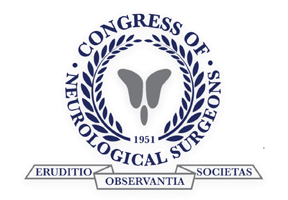
Everyone has a pituitary gland that is located under the brain and above the nasal passage. Working closely with the endocrine system, the pituitary glands will make and release hormones.
The pituitary gland has two parts – the anterior (front) and posterior (back). Each part is responsible for creating different types of hormones for the body. For unbeknownst reasons, most pituitary tumors form in the anterior part of the gland.
Are pituitary tumors cancerous?
A tumor is the accumulation of abnormal cell growth. When cells multiply, they can sometimes become cancerous. Fortunately, most pituitary tumors are benign (NOT cancerous), as they do not spread to other parts of the body. However, other health problems may occur due to a pituitary tumor presence, such as:
- The tumor could invade other tissues that are close by.
- The tumor could create excess hormones.
- The tumor could push on and damage the brain if it gets large enough, resulting in headaches or vision changes.
Are there different types of pituitary tumors?
Yes, pituitary tumors are categorized by their size. Tumors that are less than 1 centimeter across are labeled microadenoma. Most tumors that are considered microadenoma do not cause the serious health issues listed above, excluding excreting too much of a certain hormone. Many people live a long time without realizing they have this tumor because it’s so small and does not produce noticeable symptoms.
Tumors that are more than 1 centimeter across are labeled macroadenoma. If you have a pituitary tumor in this category, it is more likely that you will experience the health issues listed above.
More than size, your neurosurgeon will want to determine if the pituitary tumor is functioning or non-functioning, which has to do completely with hormones. A functioning tumor means it is releasing enough extra hormones to cause problems. A non-functioning tumor means it is releasing hormones, but not enough to show symptoms.
Our Neurosurgeons Can Help!
If you have a pituitary tumor, it may be best to remove it. Our neurosurgeons can accurately diagnose the issue and discuss treatment options. Call us today with your questions: 478-743-7092.







